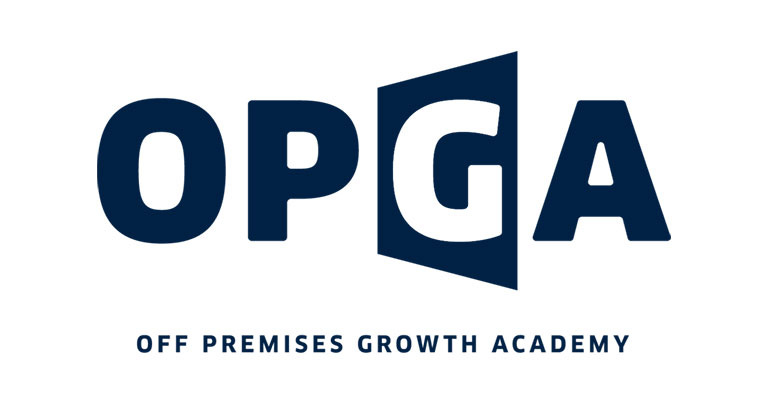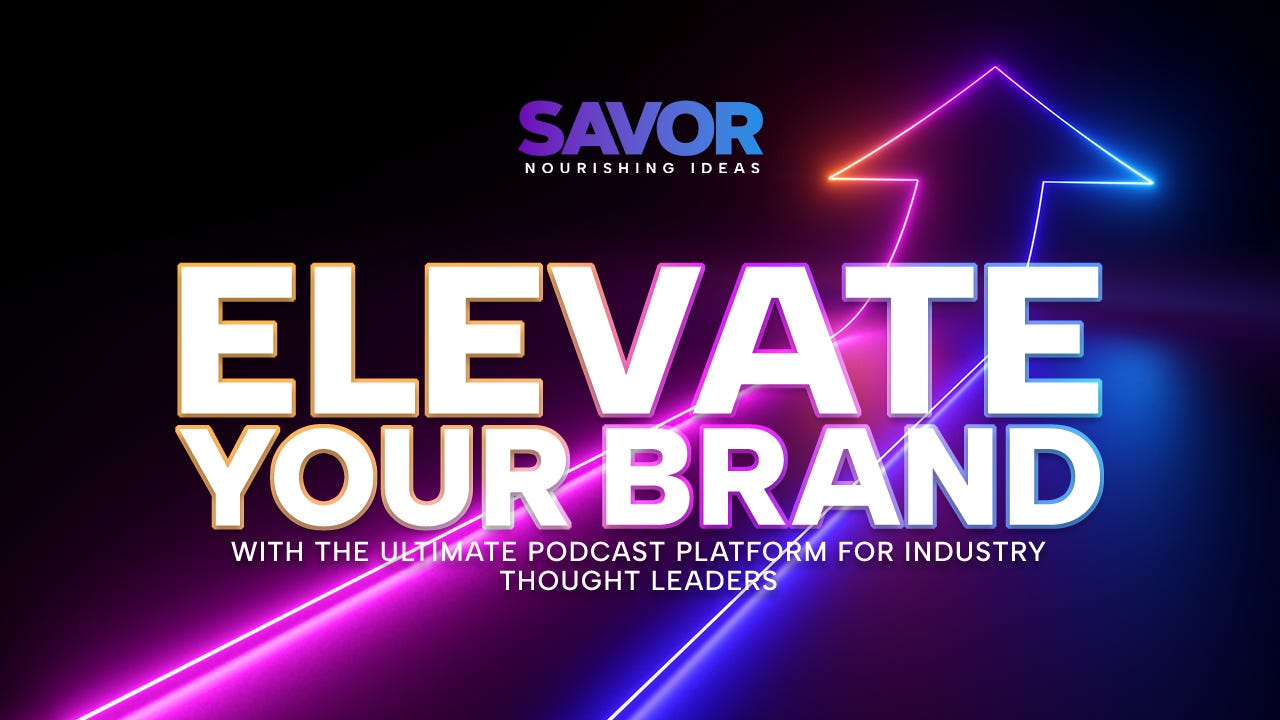Inside DeliverThat's Kitchen: Technology Secrets Revealed
In a recent episode of the Catering Cage podcast, host Erle Dardick welcomed Matt Benzel, Chief Technology Officer at DeliverThat, for a deep dive into the evolving landscape of catering delivery. The conversation revealed how the industry has transformed from simple third-party driver debates 15 years ago to today's sophisticated hybrid delivery ecosystems. Dardick, drawing from his 2010 book "Get Catering Grow Sales," highlighted how the fundamental questions about internal versus outsourced drivers remain relevant, but the scale and complexity have dramatically increased.
The discussion centered on DeliverThat's evolution from a specialized delivery service provider (DSP) to a comprehensive technology platform that helps restaurants orchestrate their entire delivery operations. Benzel explained how the company now offers both traditional fleet services for high-value catering orders and technology solutions that allow merchants to choose the most appropriate delivery method for each order. This hybrid approach recognizes that while Door Dash might handle smaller orders efficiently, larger catering deliveries requiring setup, navigation through office buildings, and specialized handling need dedicated expertise.
A key insight emerged around the operational excellence required for successful catering delivery. Benzel emphasized that timing is everything—when a driver arrives, the food must be ready, which requires seamless integration between order management systems and kitchen operations. The conversation highlighted the ongoing challenge of point-of-sale systems trying to handle both B2C takeout orders and complex B2B catering transactions, with many restaurants struggling to manage these fundamentally different business logics within the same system.
Sponsored by:
The podcast explored how some forward-thinking brands are solving this complexity by creating dedicated catering production facilities separate from their traditional restaurants. These specialized kitchens, often housed in repurposed commissaries or ghost kitchen spaces, allow for true catering-focused operations at scale. Dardick predicted this trend will expand to include centralized takeout production as well, with restaurants potentially becoming primarily dine-in focused while off-premises orders are handled by dedicated production facilities equipped with robotics and advanced automation.
Artificial intelligence emerged as a game-changing force in delivery optimization. Benzel described how AI can revolutionize matchmaking between drivers and deliveries, taking into account factors like building access, parking situations, security requirements, and individual driver expertise. The technology can also provide real-time problem resolution when deliveries encounter issues, from late food to mechanical problems, ensuring consistent service recovery across the entire delivery network.
The conversation concluded with a call for greater industry collaboration and community building. Both Dardick and Benzel emphasized that catering success requires an ecosystem approach, where drivers, restaurants, technology providers, and delivery specialists work together to elevate the entire industry. With catering representing significant growth potential for restaurant brands—potentially reaching 30-50% of total business—the need for specialized expertise, dedicated investment, and collaborative learning has never been more critical. The industry is moving beyond generic solutions toward specialized, community-driven approaches that recognize catering's unique requirements and enormous potential.










